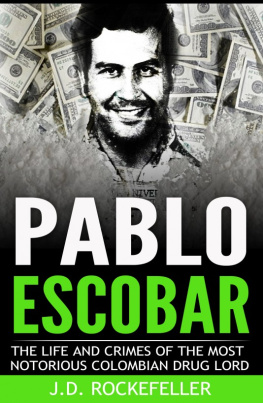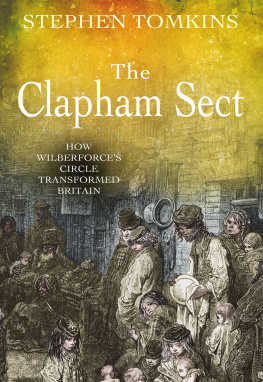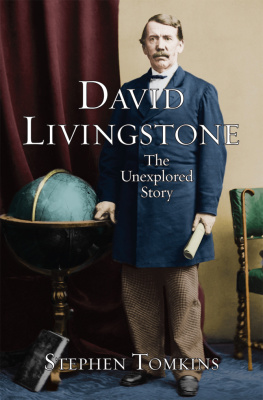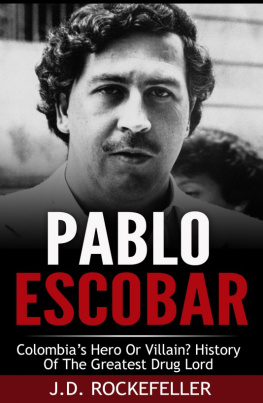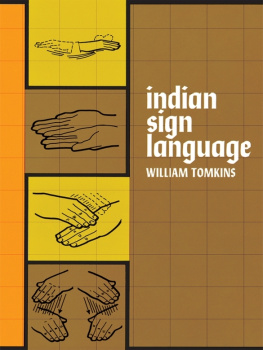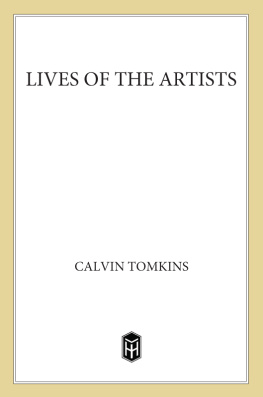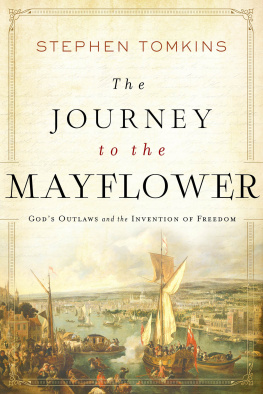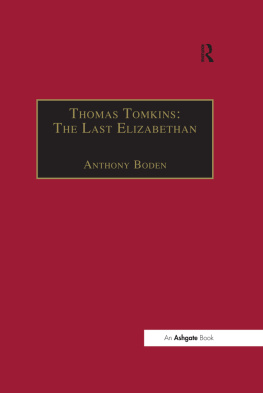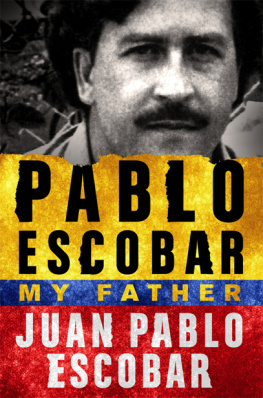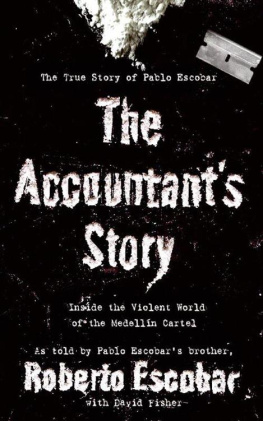DIRTY COMBAT
SECRET WARS AND
SERIOUS MISADVENTURES
David Tomkins
This ebook is copyright material and must not be copied, reproduced, transferred, distributed, leased, licenced or publicly performed or used in any way except as specifically permitted in writing by the publishers, as allowed under the terms and conditions under which it was purchased or as strictly permitted by applicable copyright law. Any unauthorised distribution or use of this text may be a direct infringement of the authors and publishers rights and those responsible may be liable in law accordingly.
Epub ISBN: 9781780570778
Version 1.0
www.mainstreampublishing.com
Copyright David Tomkins, 2008
All rights reserved
The moral right of the author has been asserted
First published in Great Britain in 2008 by
MAINSTREAM PUBLISHING COMPANY
(EDINBURGH) LTD
7 Albany Street
Edinburgh EH1 3UG
ISBN 9781845963897
No part of this book may be reproduced or transmitted in any form or by any other means without permission in writing from the publisher, except by a reviewer who wishes to quote brief passages in connection with a review written for insertion in a magazine, newspaper or broadcast
All internal photographs courtesy of the author
This book is a work of non-fiction based on the life, experiences and recollections of the author. In some cases, names of people, places, dates, sequences or the detail of events have been changed to protect the privacy of others. The author has stated to the publishers that, except in such respects, not affecting the substantial accuracy of the work, the contents of this book are true
A catalogue record for this book is available from the British Library
ACKNOWLEDGEMENTS
IN THE WRITING OF THIS BOOK, I OWE MUCH TO MY WIFE , Mary, for her patience, advice and encouragement, to my daughters, Jay and Kelly, and to my son, Billy, for all his efforts in filling the gap during my enforced absence. Special thanks to Roger and Claire Peach and Mike Douglas for showing what great friends are all about. Thanks to Mike for letting me close the circle in Iraq. To Vanessa, Dan Showalter, Frank Garrison, Lev, Steve Osborne, Meli and Soni and all the crew down there, you can be assured you are not forgotten. Thanks to the people named (and the many not named) in this book who played their parts in making the tapestry of my life a colourful one. To all those in harms way, stay safe.
David Tomkins
July 2008
CHAPTER 1
IN THE BEGINNING
I WAS BORN ON 31 JULY 1940 IN ST GEORGES HOSPITAL IN Victoria, London. My parents lived in a basement flat nearby. As Nazi bombs rained down, my mother hid with me in a coal bunker while my father, an air-raid warden, retrieved corpses from collapsed buildings. My mother, Alice, was as hard as stone, an old-fashioned cockney from East Ham who worked in kitchens throughout her life. She met my father, Jimmy Tomkins, who was Irish, when she was a cook at Bullocks Caf in Wilton Road. I cannot remember any affection from her towards him or me and when she shouted my name I heard her from a quarter of a mile away. I made excuses for her because we lived in such a grotty place and because my father was an alcoholic who would pawn the bed-sheets to buy a drink. To my mothers dismay, he introduced me to the pub and the greyhound track. She neither drank nor smoked and their constant fighting left me traumatised. As a child, I watched her put a pillow in the oven, put her head on it and turn the gas on.
The first time I ran away, a stranger took me to Rochester Row police station. The officers bent down to ask my name and where I lived. As would become my custom, I refused to assist them with their inquiries. When they locked me in a cell, I threw the tea and biscuits they offered me against the wall. I was just seven years old. I suffered from terrible nightmares and my parents put wire mesh up over my bedroom window to prevent me smashing my way out. This must have alarmed our neighbours, as the National Society for the Prevention of Cruelty to Children knocked on the door. I was taken to the childrens ward at Maudsley psychiatric hospital. I was there for 18 months, during which time I made many escape attempts and staged several rooftop protests, climbing the drainpipes and waiting until the fire brigade were called to bring me down. After a while, I was made to sleep in a converted bed like a cage in an attempt to stop me absconding.
While I was in the hospital, my parents separated and, on my release, I went to live with my mother, younger sister and new stepfather in Croydon. When I was ten, we moved to Romford, an Essex market town bursting at the seams with refugees from the inner city. At lunchtime on my first day at Straight Road Junior School, the other boys flicked their peas at me, using their spoons as catapults. I threw tables and chairs back at them. My mother was summoned to a crisis meeting, where she was told that my expulsion had been ruled out solely on the grounds that I had been a pupil for only four hours. As an alternative punishment, I was beaten by the head teacher. It was a very public thrashing, watched by the whole school at morning assembly. My eyes watered and my skin reddened but I refused to cry. It was worth it. I had piss-marked my territory and after that everybody gave me a wide berth.
At weekends, I ran over the fields surrounding my home to scrump apples and pinch eggs from chicken sheds and played the trumpet with the British Legion Boys Band. I always seemed to finish my assignments before my classmates but idle hands were the Devils tools and I tended to get into trouble. When I was 13, I was expelled from my first secondary school for hitting the headmaster when he caned me excessively hard. My family moved to Camberley, a town in Surrey near the Royal Military Academy Sandhurst. I was still being monitored by the NSPCC and social services, and when we moved to Camberley, I received a visit from a probation officer, who had been appointed to oversee my behaviour. He laid down the law as to how my life was going to be under his supervision and gave me a clip round the ear, which really rankled with me.
The kids I hung out with were all into hunting and we spent a lot of time in the woods and fields. Restrictions on the ownership of firearms were less strict in those days and I was able to buy a shotgun licence from the post office for ten shillings. I made the money back selling squirrel and fox tails to the councils pest control department. Id cycle through the woods and along the riverbanks on my dirt-tracker a bike rescued from a refuse tip. I straightened its forks and bent the handlebars into the shape of a cows horns.
I left school shortly before my 15th birthday, with the headmasters endorsement ringing in my ears: You have caused more trouble than any boy I have ever known. My first job was as a paint sprayer. I spent my wages on motorcycle parts and chasing girls, in which department the young US military personnel at Blackbushe airfield provided stiff competition. In this era of early rock n roll, the Yanks cut a dash on their Harley-Davidsons, and cheap booze from the base PX ensured plenty of parties, which most of the local girls would go to. If I wasnt fighting a Yank, I was fighting a British squaddie and I would often return home in the early hours to find my mother had locked me out of the house. Id sleep on the flat roof beneath the bathroom window and if I was lucky, Id wake to find a cup of tea beside me, which my mother had leant over the windowsill to put there. She would lie awake all night worrying if I was cold outside but she was too hardnosed to open the door.


